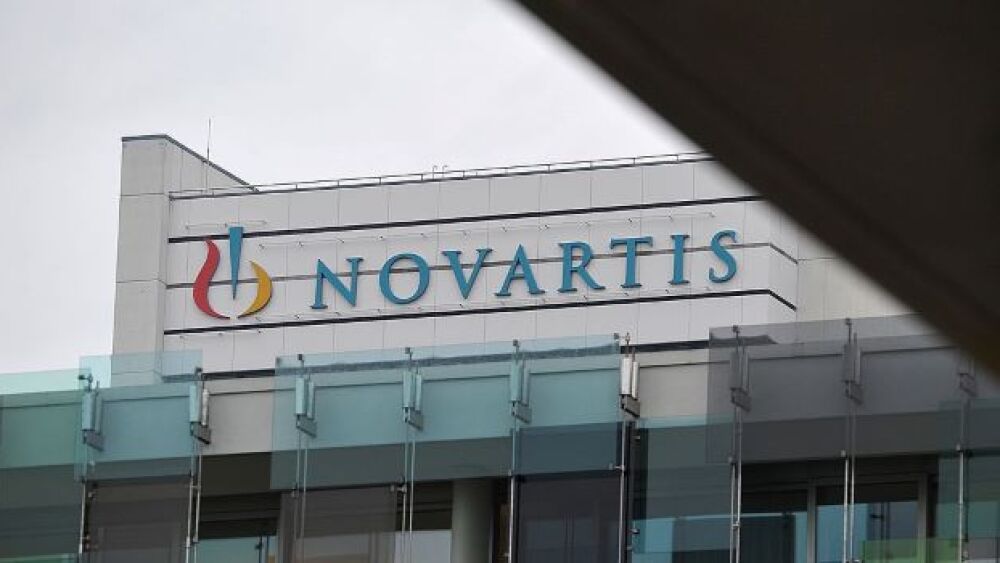Even as Novartis entertains the potential sale of Sandoz, the company is lauding growth in its biosimilars business that is expected to stabilize its future development.
Harold Cunningham/Getty Images
Even as Novartis entertains the potential sale of its generic unit Sandoz, the company is lauding gain in its biosimilars business that is expected to stabilize its financials and drive future growth.
In its year-end report, Novartis noted that the $2.5 billion in sales generated by Sandoz in the fourth quarter of 2021 was an uptick over the previous year. That was a significant gain after Sandoz sales declined in the third quarter of the year.
Like many other generics manufacturers, Sandoz has been struggling with falling prices in the U.S. market. Third quarter sales were $2.4 billion, and at the time, the company stated that it anticipated seeing continued declining sales, particularly in the United States where generics competition is significant. That performance is expected to continue mainly due to biosimilars.
In an interview with Bloomberg TV, Novartis Chief Executive Officer Vas Narasimhan said its parent company is setting up Sandoz for its next wave of growth – which will be important if the company opts to sell the generics business.
For the coming year, Narasimhan said Sandoz expects business in the United States to “stabilize” and noted that its biosimilar program will be a key component.
“By 2023 and forward, we expect this business to return to a more attractive growth profile,” Narasimhan said. He added that they were excited by the possibilities of what the future holds for them.
By the end of 2022, Novartis anticipates completing its strategic review of Sandoz, which will determine the path forward for the business unit. As BioSpace previously reported, some buyers may already be interested in acquiring some or all of the business.
In November, it was reported that the European investment group EQT and the Struengmann family, who own a significant stake in BioNTech, have been considering striking a deal for the business. Reports suggest that the group could offer about $21.6 billion for Sandoz. However, some analysts have pegged the valuation of the company at closer to $25 billion.
Narasimhan noted that the future of Sandoz as part of Novartis remains in question and that the company is still in the early days of its strategic review and is assessing the detailed financials of the business. He also noted that multiple parties have speculated about a potential acquisition of part or all of the company.
Beyond equity firms, including Blackstone and Carlyle, Narasimhan said some generics companies had also expressed some interest. He noted that it’s “all in flux” at the moment, but Novartis is interested in listening to any proposals.
“I think its early days to really make a clear decision or direction,” Narasimhan said. “We still need to see concrete proposals and that will only come when we provide those detailed financials and we get back solid proposals that we can take decisions on and I do think that’s going to take some more months.”
Since taking over the reins of Novartis, Narasimhan has streamlined the company, which included the spin-off of its Alcon eye business, as well as Novartis’ animal science business. Part of that effort included attempts to offload some of Sandoz’s assets to India’s Aurobindo for about $1 billion. However, that deal for 300 dermatology and generic drug assets fell through in 2020 after the U.S. Federal Trade Commission blocked the deal.





